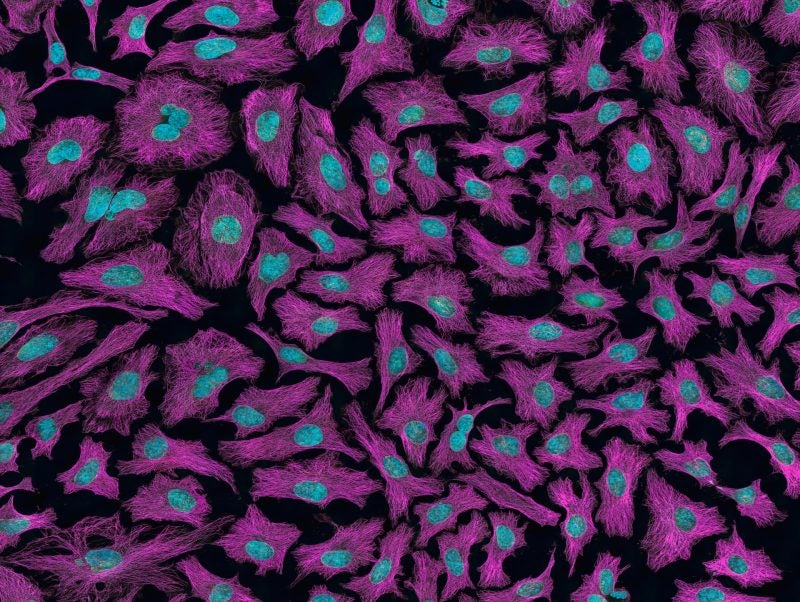
Nectin Therapeutics has dosed the first subject in a Phase I clinical trial of its immunotherapy, NTX1088, in locally advanced and metastatic solid tumour patients.
The first-in-human, open-label trial is being carried out at the University of Texas MD Anderson Cancer Center and is supported by the Cancer Focus Fund’s investment.

Discover B2B Marketing That Performs
Combine business intelligence and editorial excellence to reach engaged professionals across 36 leading media platforms.
It will have a dose escalation portion enrolling up to 50 subjects and an expansion stage in 40 patients.
These trial subjects will receive NTX1088 as a single agent and with a PD-1 blocker.
Evaluating the safety and tolerability of NTX1088, and identification of a recommended dose, which is safe and effective for the Phase II trial are the primary goals of the dose escalation portion of the trial.
The therapy’s safety and tolerability will be assessed further in the expansion portion, along with efficacy measures and exploratory evaluations of pharmacodynamic and predictive biomarkers.

US Tariffs are shifting - will you react or anticipate?
Don’t let policy changes catch you off guard. Stay proactive with real-time data and expert analysis.
By GlobalDataA monoclonal antibody, NTX1088 is directed against a transmembrane protein called PVR, which is expressed in cancer cells.
Nectin raised more than $25m in a Series A funding round led by Israel Biotech Fund (IBF) and Peregrine Ventures.
aMoon Fund and other current investors also took part in the financing.
The proceeds will be used to support the clinical evaluation of NTX1088 that is currently underway, and to progress the targeted immunotherapies and antibody-drug conjugates (ADCs) pipeline of the company.
Nectin co-founder and chief scientific officer Dr Pini Tsukerman said: “PVR blockade by NTX1088, with its first-in-class differentiated mechanism of action, has demonstrated compelling preclinical anti-tumour activity both as a monotherapy and in combination with other cancer immunotherapies.
“Importantly, NTX1088 has potent activity in ICI refractive models where TIGIT or PD-1 blockade has failed to show a benefit.”





